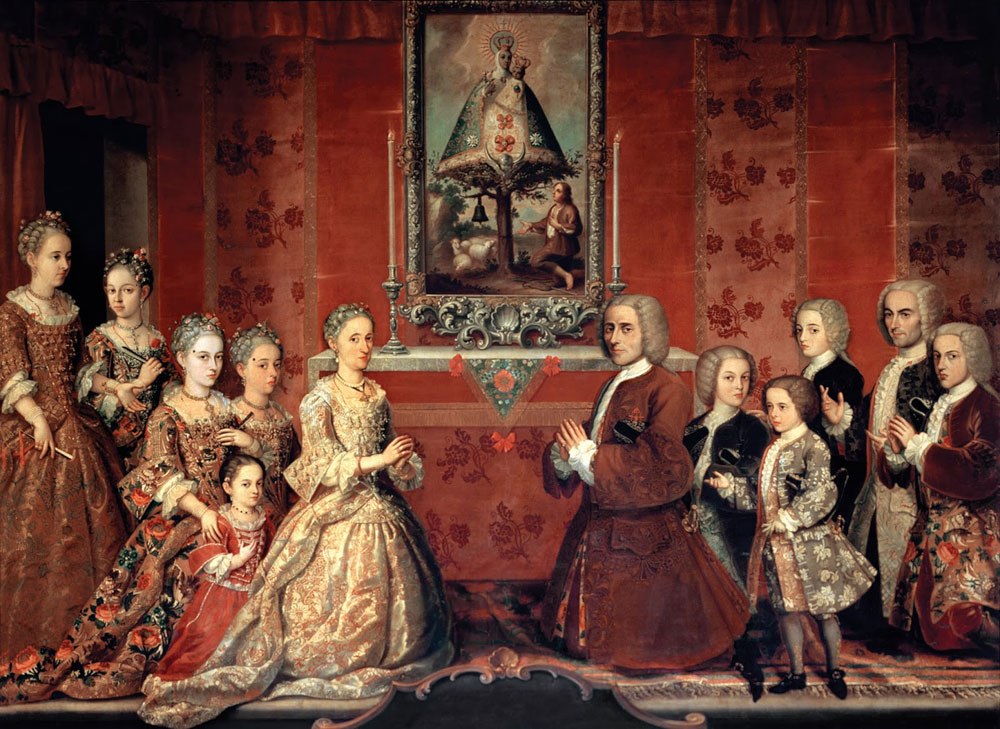
September 16, 2019; People for the American Way (blog) and Common Dreams (blog)
There is no doubt that commonly assumed frameworks about philanthropy, wealth, and political power-locks are giving way. In this article, we look at two different lens-switches that have surfaced in the news.
On the blog for People for the American Way, Marie Lindberg writes about a panel, “The Role of Philanthropy in Supporting Progressive Governance and Policy Implementation,” which opened the Young Elected Officials Network’s convening on August 3rd. The panel featured women of color who are involved in one way or another in philanthropy and politics, but they brought no rose-colored glasses to the endeavor.
Lateefah Simon, president of the Akonadi Foundation, says racial exploitation is part of what made the rich “rich.” She sees philanthropy as one way to redistribute some of that money, but the panelists agreed philanthropy is a poor patch for an unjust economy—in part because its wealth derives from those whom it purportedly seeks to challenge.
In Common Dreams, author Alan McLeod highlights how power can be hidden. For example, when pundits talk about the rich kleptocrats who reign over Russia, we call them “oligarchs,” but here in the US, we call power brokers at the top of our economic scale “businessmen.” Or “philanthropists”— because, indeed, that is one avenue to controlling social frameworks. McLeod uses a routine from comedian and Late Show host Stephen Colbert to reflect upon what might be seen as the label’s xenophobic use, especially when compared to media coverage of the recent death of conservative oligarch David Koch:
Sign up for our free newsletters
Subscribe to NPQ's newsletters to have our top stories delivered directly to your inbox.
By signing up, you agree to our privacy policy and terms of use, and to receive messages from NPQ and our partners.
Colbert defined “oligarch” as “Russian for ‘rich guy, don’t ask where his money came from.’” (“Oligarch” actually came to English from Ancient Greek.) To be fair, Colbert joked about the selective use of the term—explaining that “over there, the political system is controlled by wealthy elites who buy influence and pull strings of the government, whereas in America, we speak English.”
But back to the panel, which also talked about the power-reinforcing function of philanthropic processes. As NoVo Foundation program officer Tynesha McHarris said, “I wanted freedom for my people, but the process of getting dollars was humiliating my people. I ended up landing in resourcing because I wanted to stop that humiliation.” Simon challenged the entire audience to consider how they might subvert the current norms of gatekeeping.
For her part, Leah Hunt-Hendrix, the cofounder and vice president of Way to Win calls herself “anti-philanthropy,” since she sees the field as a whole extending and solidifying the power of a wealthy few rather than challenging it. All the policies providing tax breaks to donors, she notes, were, as NPQ highlighted earlier this month, originally designed for the ultra-wealthy.
In the end, said Simon, structural change is needed to address how the country spends its tax dollars: “We need to talk about using my momma’s money [i.e. taxes] and not relying on philanthropy to fund the Boys and Girls Club.” But, as Nina Ahmad of the Donors of Color network said, “better representation matters at all levels of philanthropy from grant manager to the board president” would help in the meantime.—Ruth McCambridge













